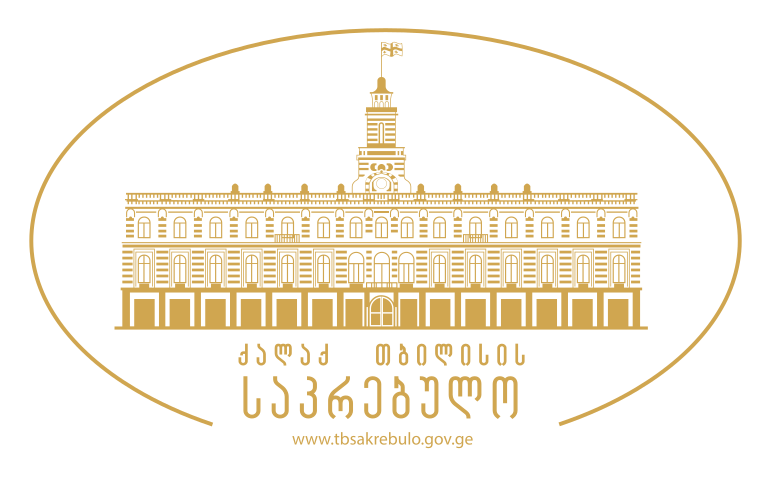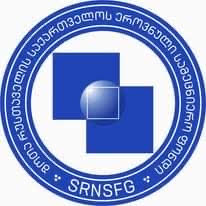012- Reimagining the Literary Canon: Unintelligibility, Obscurity, Diversity, and the Dynamics of Selection
Organized by: Prof. Manuel Ghilarducci, Prof. Alessandro Achilli
English
Every literary canon is the result of a complex process of selection and exclusion. Some texts are positively evaluated and included into the pantheon of canonic literature, while others are negatively considered and therefore excluded and/or in some cases simply forgotten. Some just do not fit the politics of canonization, which tend to be directedly aimed at nation-building processes. This mechanism can be observed particularly at the crossroads between major literary, cultural, and philosophical paradigms like Romanticism, Symbolism, Modernism, and Post-Modernism. The aim of our panel is to shed light on some forgotten or not yet fully recognized poets and to unmask the exclusion mechanisms of the formation of the literary canon in different Slavic cultures, including the Russian, the Serbian, and the Ukrainian. We will show that the mechanisms of canonization and exclusion from the canon are similar despite the differences in time and space across the Slavic area from the nineteenth century to the present day.
Prof. Dr. Manuel Ghilarducci: Konstantin Sluchevskiy (1837-1904) and Đorđe Koder (1806-1891) wrote at the intersection between two paradigms (Late Romanticism and Modernism). Sluchevskiy used a conceptually opaque but linguistically simple language and was therefore accused of amateurism and kosnoyazychie. But behind his writing, as I argue, we can see an anticipation of Symbolist poetics. Nonetheless, Sluchevskiy is hardly studied by scholarship and rarely mentioned in histories of Russian literature. Koder used a strongly hermetic, cryptical and experimental language which went far beyond the boundaries of Serbian language and was in direct opposition to the predominant poetics of Southern Slavic Romanticism, which was based on the use of an understandable language to fulfill the Illyrian mission. Still today, Koder is not regarded as part of the Serbian national literary canon. But as I argue, Koder even anticipated Paul de Man’s deconstructivism. Both poets were and are still today excluded because of their t(r)opos of anticipation. In my paper, I will analyze the hermeneutical implications of this t(r)opos by seeing it as a ‘path in language’ which for both poets should lead to incomprehension, which is seen as the main value of poetry.
Dr. Alessandro Achilli (Monash University): The contemporary canon of Ukrainian literature has been repeatedly accused of replicating the Soviet Ukrainian one, which may sound surprising in light of the notable nation-building efforts that Ukrainian culture has been involved in throughout the last few years, at least since 2013-2014. A telling example of the Post-Soviet conservatism of the Ukrainian literary canon may be seen in the reluctance to fully accept and integrate a great deal of the independent poetic culture of the late Soviet era. One of the reasons behind this reticence to rediscover and promote a significant component of the recent national literary legacy on part of the Ukrainian literary establishment may be located in the foremost aesthetic quality of that poetic culture, that is obscurity. The hermetic work of virtually unknown poets such as Stanislav Vyshens’kyi (1944-2018), Mykhailo Hryhoriv (1947-2016) and Ivan Semenenko (b. 1936) among others, which ought to be seen first of all as a manifestation of international Neomodernism (and, as such, proudly boasted, one might expect) hardly fits the rather simplistic national narrative that has traditionally played a leading role in Ukrainian culture and that, paradoxically, has thus prevented a much-needed revamp of the literary canon according to parameters such as aesthetic novelty and refinedness.
The Project was supported by Shota Rustaveli National Science Foundation of Georgia (SRNSFG) [grant number MG-ISE-22-170]

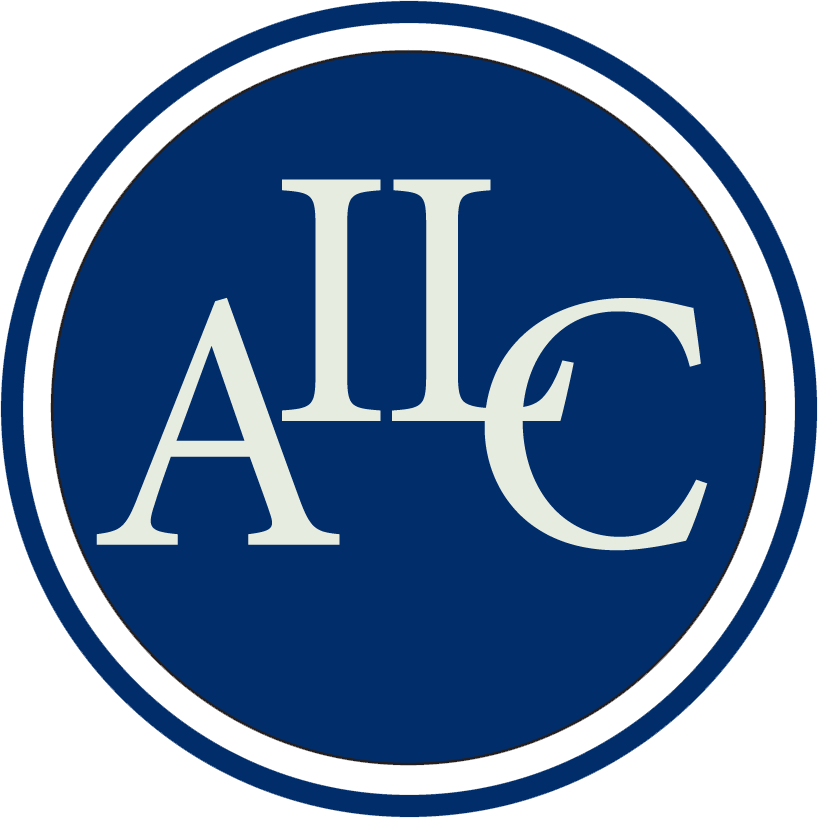
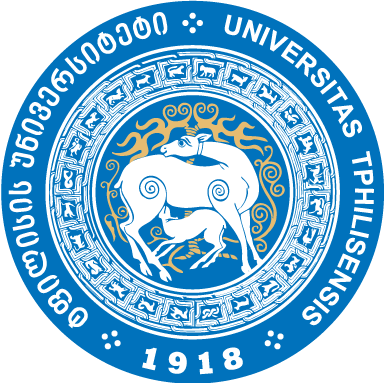
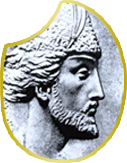
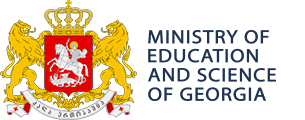
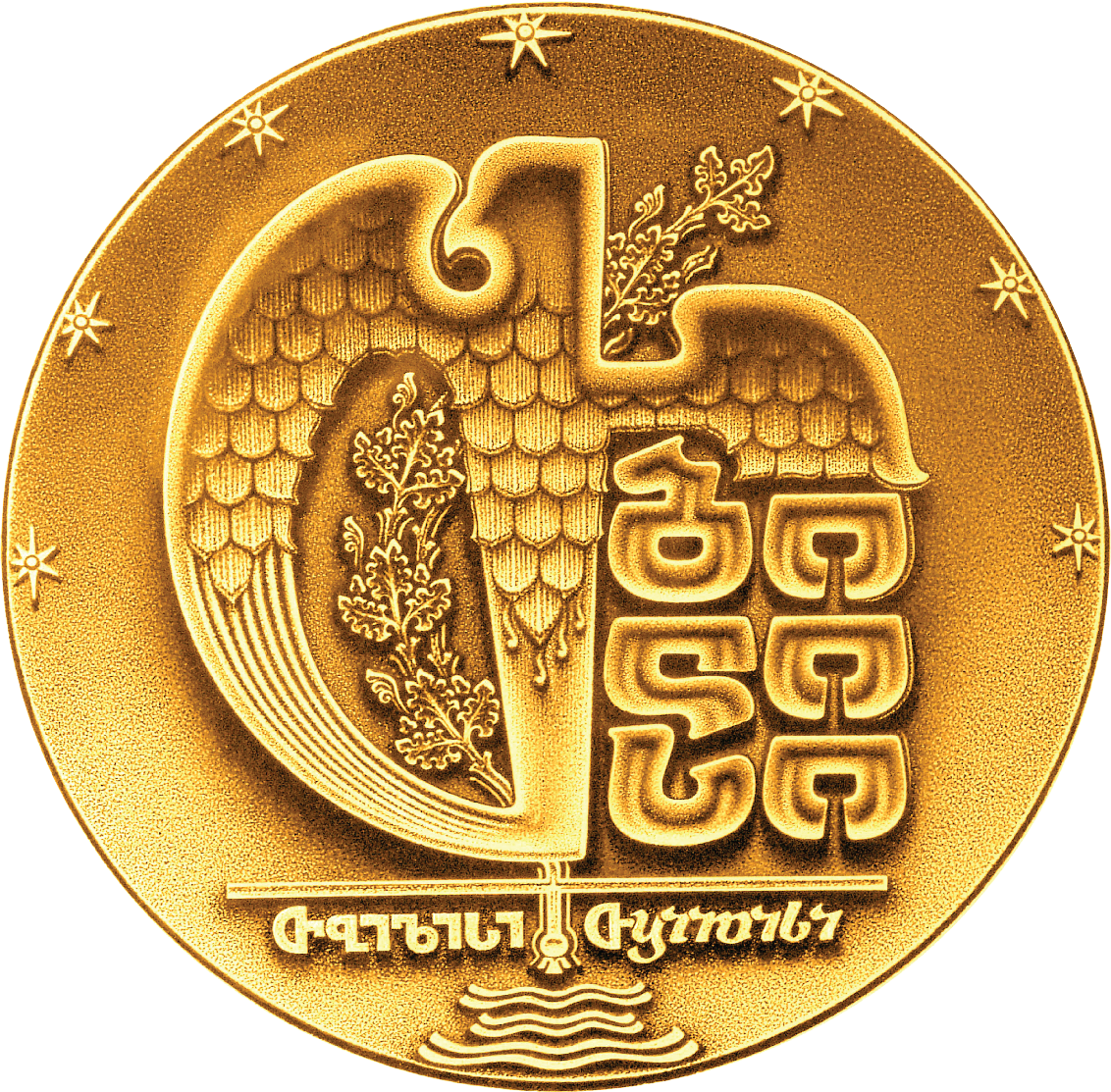

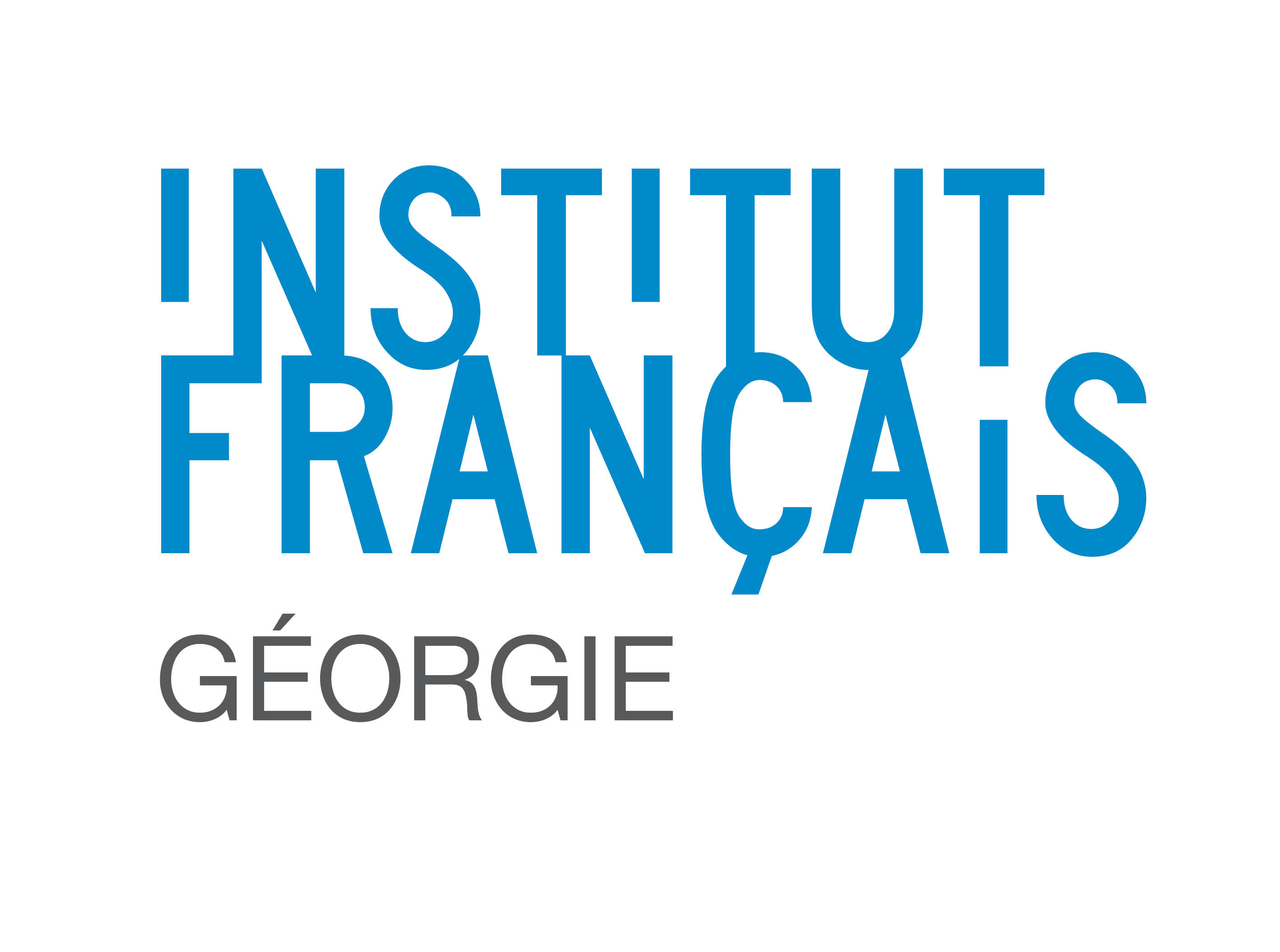


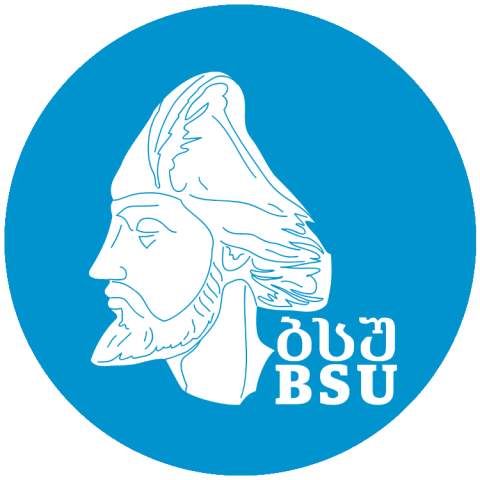

_001.png)

